Society of Indian Automobile Manufacturers (SIAM) launched a unique Environment Lecture Series for attaining sustainability in the auto sector by organizing the first virtual lecture of the series.
The objective of the twin lecture series is to disseminate knowledge, domain technological advancements, and policy/regulatory landscape along with a ‘cradle-to-cradle’ model aimed at eliminating waste through recycling and reuse of end-of-life vehicles.
The first lecture on “Environmentally Sound Management of ELVs in India” delivered on ‘Regulations, Polices & Economic Impact of ELV Recycling’. It provided an overview on ELV Recycling, Policy & Regulations for Recycling of ELV in India including economics of recycling of ELV in India along with the global trends in recycling batteries.
The panel of speakers included Mr. Prashant K Banerjee, ED, SIAM; Mr. Rahul Mishra, Principal, Kearney; Mr. Shovik Banerjee, Principal, Kearney; Mr. Masaru Akaishi, MD, Maruti Suzuki Toyotsu India; Capt. N S Mohan Ram VSM, I.N (retd.), FNAE; Mr. Sanjay Mehta, President, MRAI; Mr. Kaushik Madhavan, VP- Mobility Practice, Frost & Sullivan. Key deliberations of the lecture were:
- Four key elements of the scrappage policy,
- How the policy is helpful for OEMs to enhance their relations with suppliers,
- Challenges faced during ELV recycling and how the industry can overcome,
- Reports and guidelines by Central Pollution Control Board,
- Incorporation of 3R model within the auto industry,
- Global scenario of Shared Stakeholders responsibility shared between battery and vehicle manufacturers.
With a large number of renowned speakers participating from specific sectors, the session focused on imparting knowledge and domain-centric technological advancements to the participants.
While discussing the opportunities, Rajesh Menon, Director General, SIAM, said “The steady shift towards ELVs in India has multiple implications for all the stakeholders in particular and the economy at large. While ELVs are meant to reduce the carbon footprint of the industry, it is essential to note that manufactured products generate a carbon trail during their lifecycle as well as during disposal after the end-of-life cycle. In the foreseeable future government is expected to implement a scrappage policy. Therefore, it is imperative that environmentally-sound management policies and regulations are put in place in advance to ensure ELVs leave a low carbon trail throughout their life cycle. Attending the lecture given by well-informed industry leaders about the same could be beneficial for the attendees as every process comes with their exclusive pros and cons.”
The series will highlight the sustained utilization of resources replacing the traditional linear economy, which is based on a ‘Take, Make, Dispose’ model of production. Besides national policy and regulations, the lectures will delve on the economics of recycling, including technology in designing material and developing recycling infrastructure in India.
The second virtual lecture of the series will be held on 27th August 2020, focusing on “Technology: Designing, material & Infrastructure”. The attendees attending both the lectures would be given a certificate by SIAM.


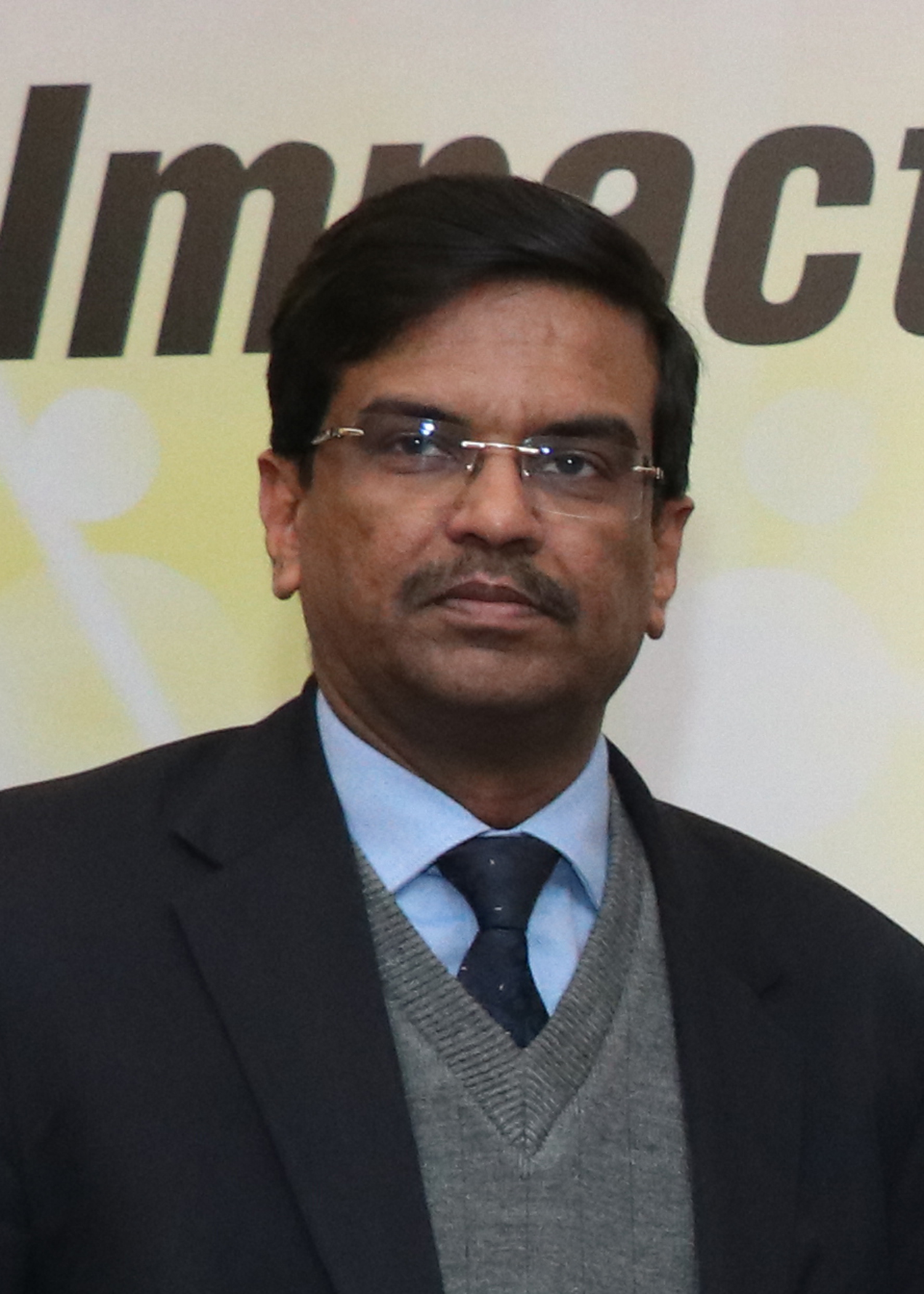




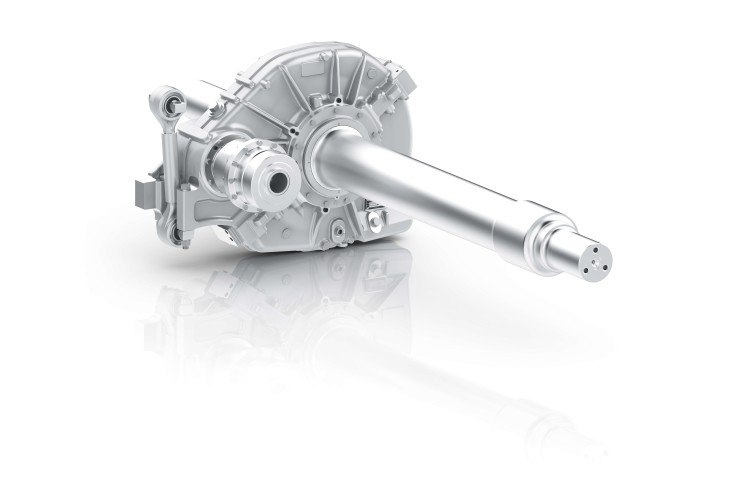
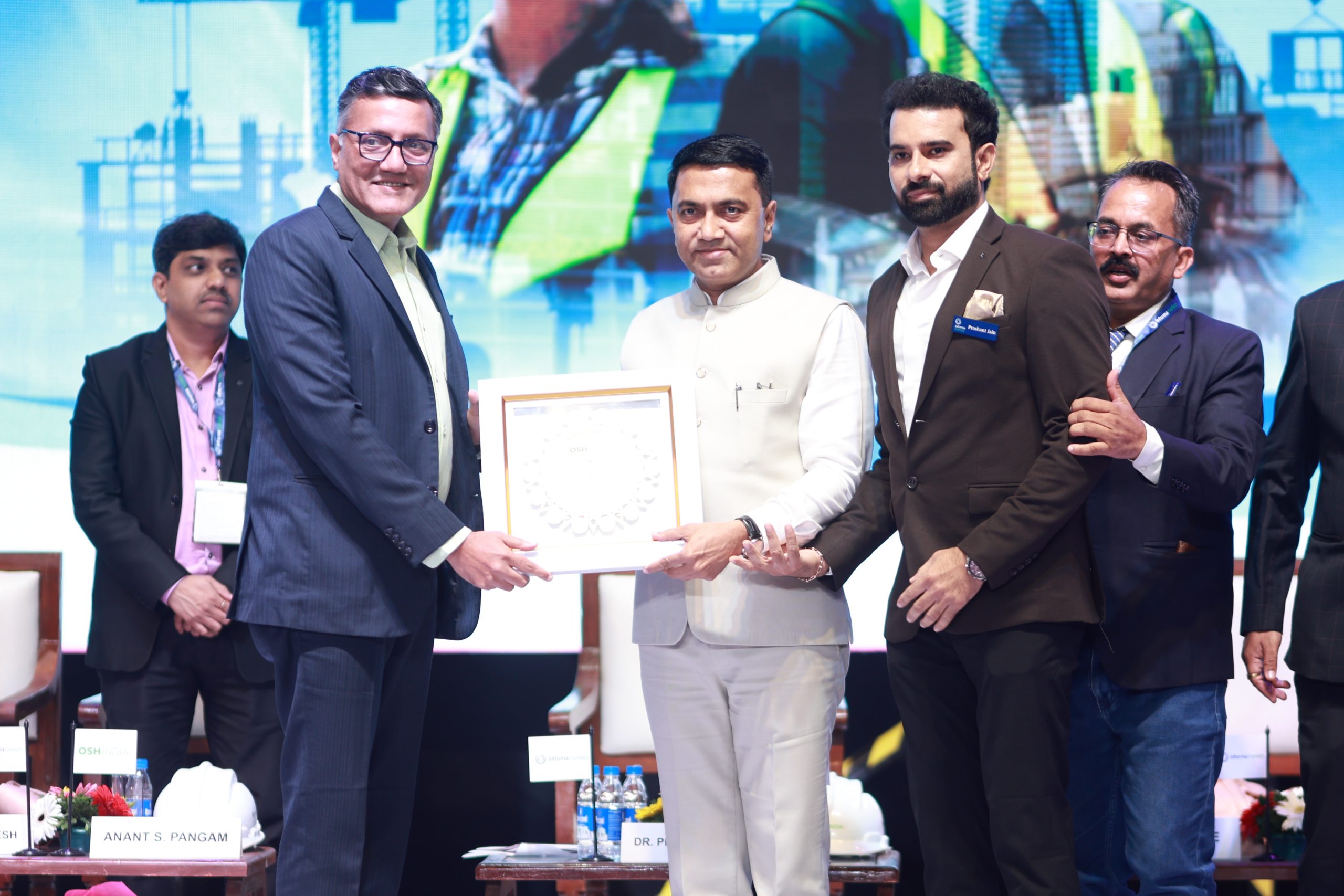
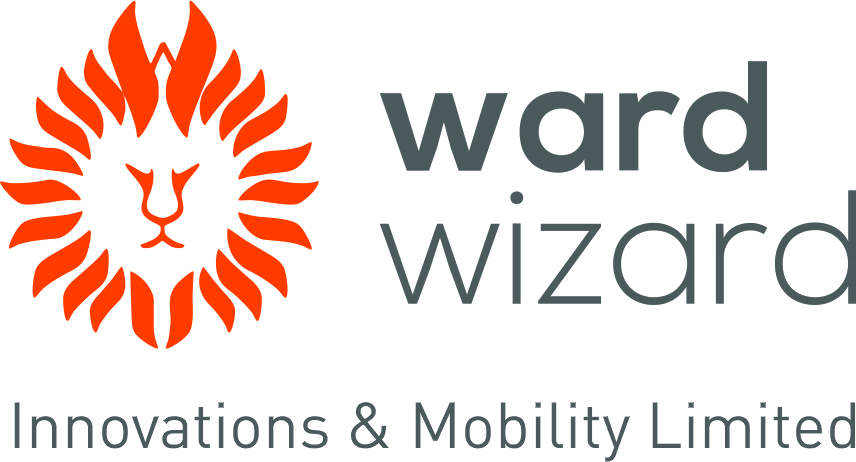

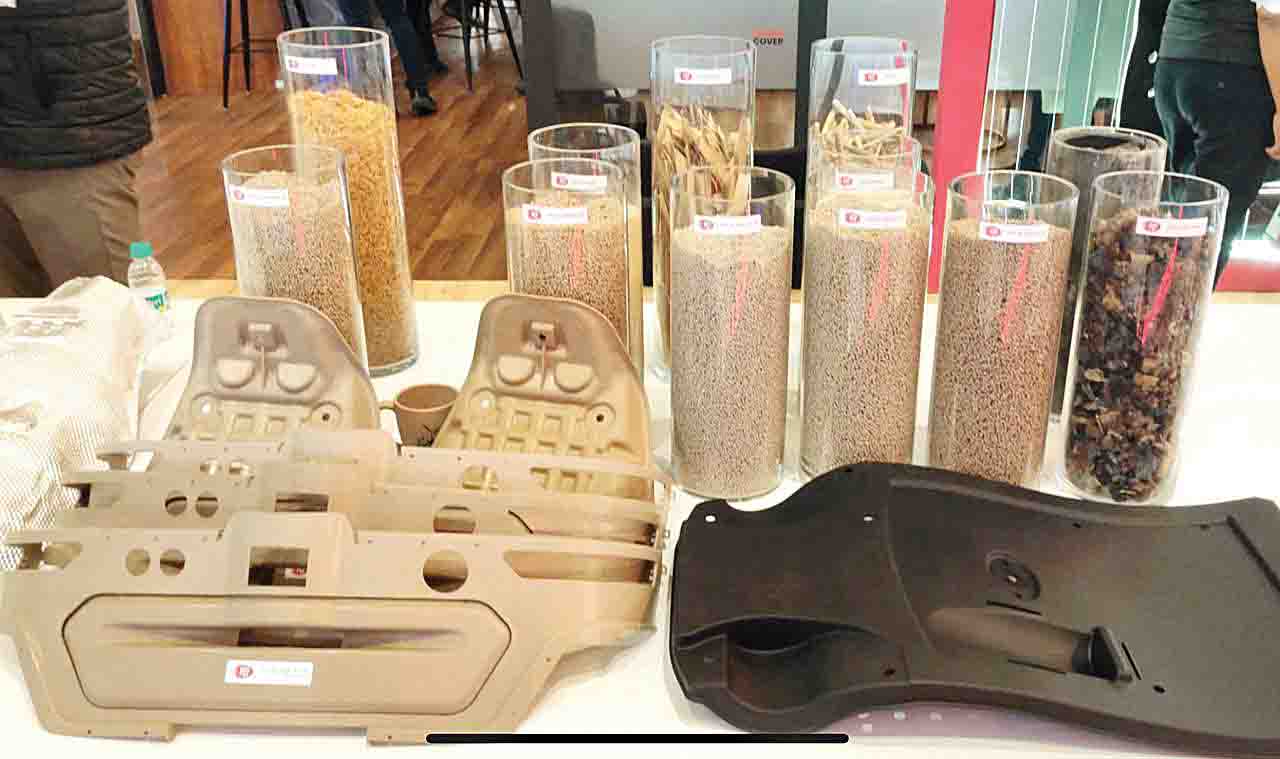
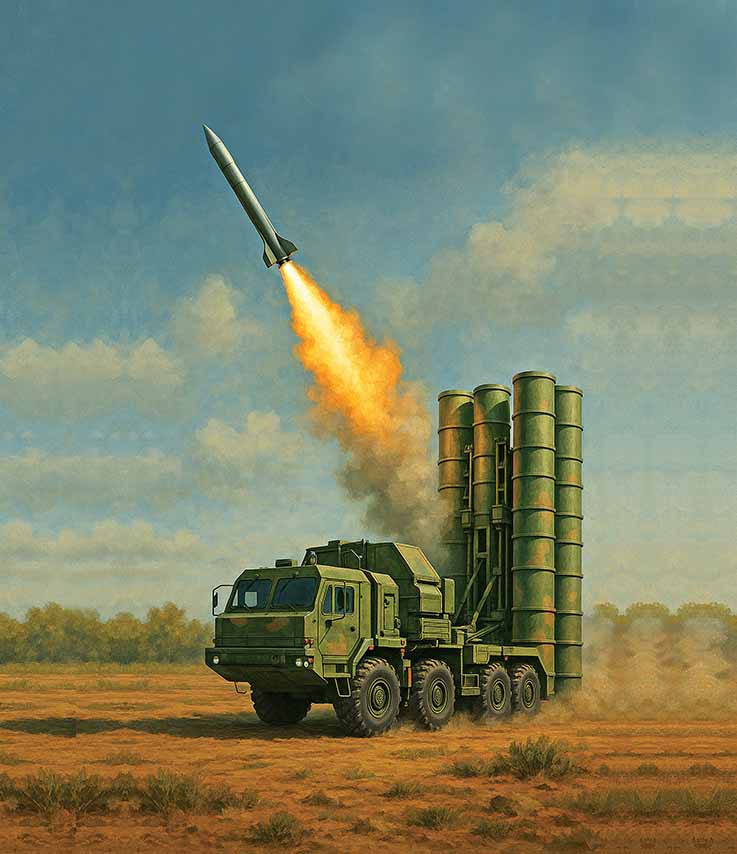
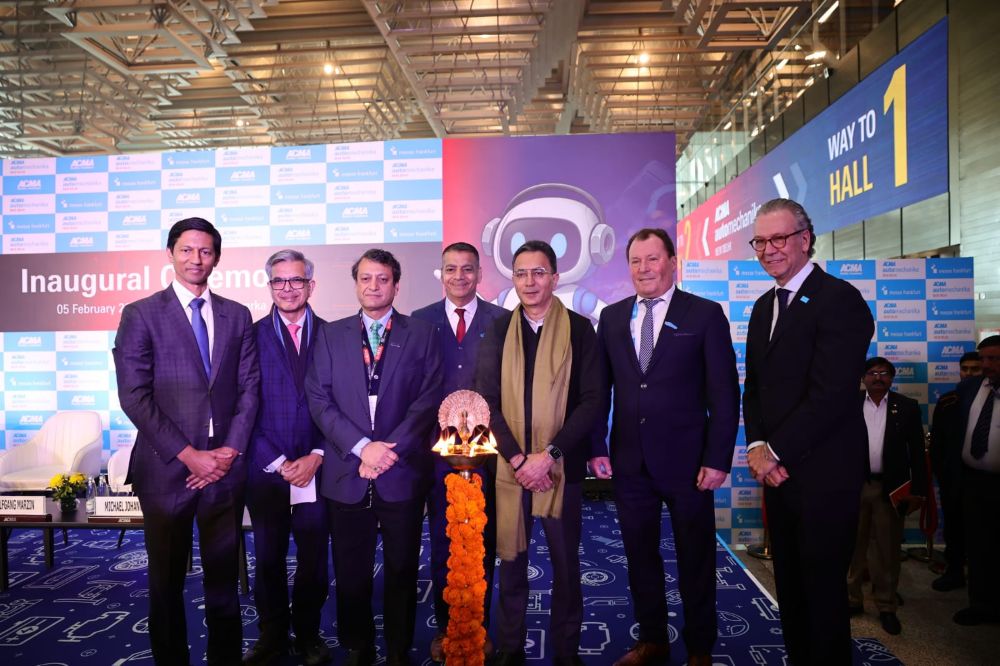
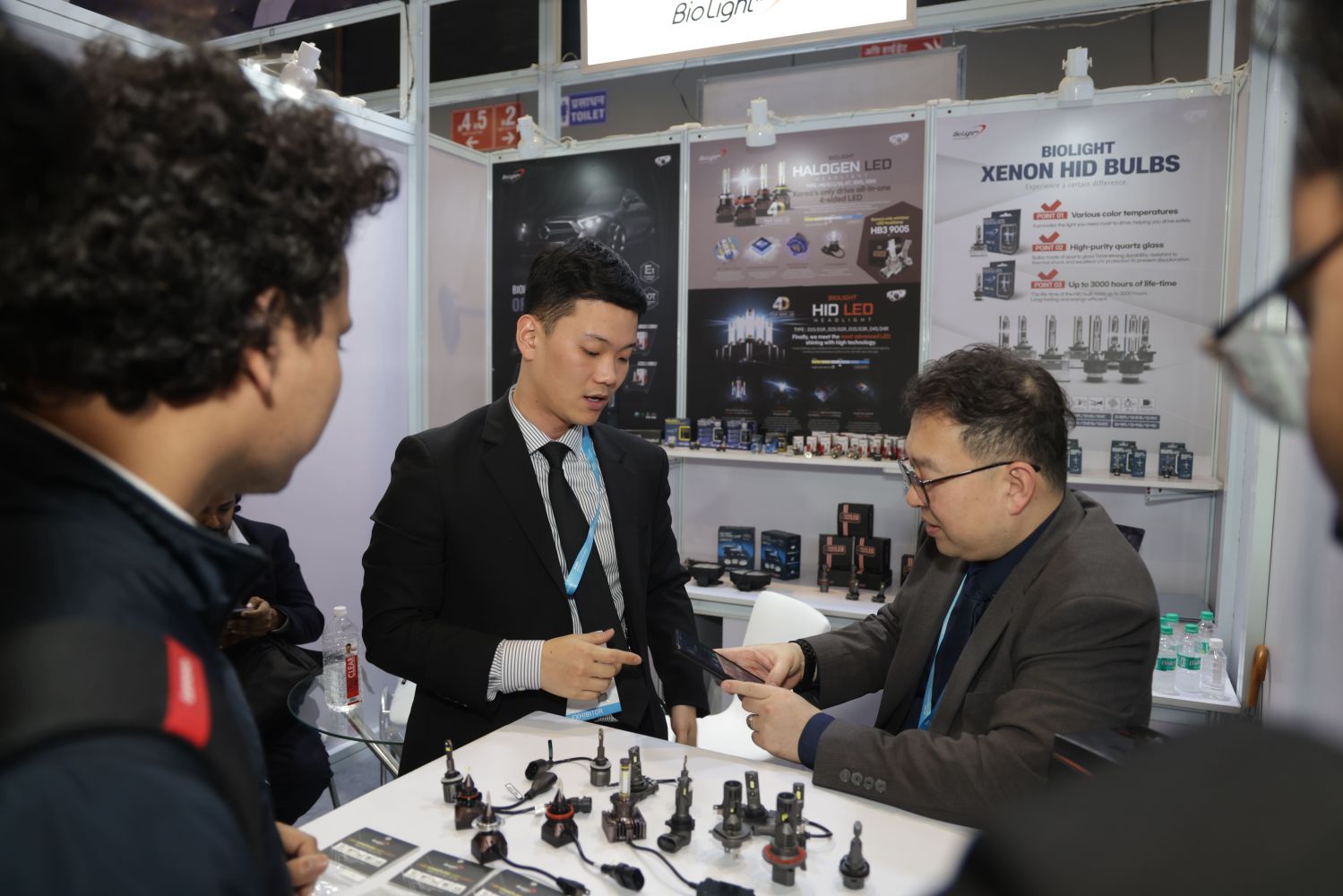
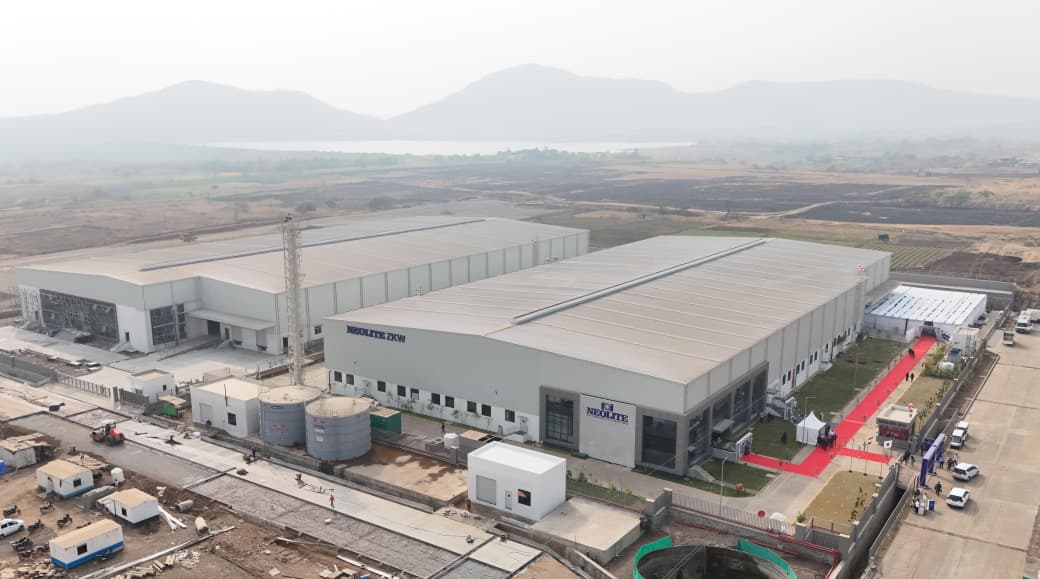
Leave a Reply